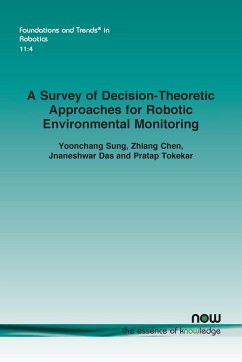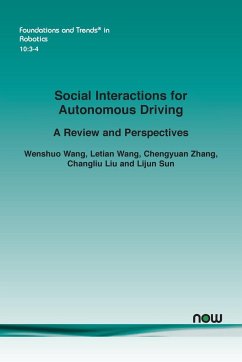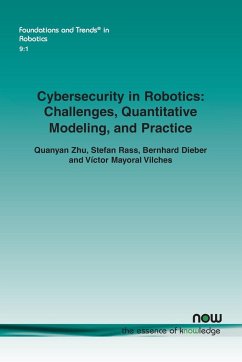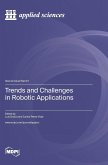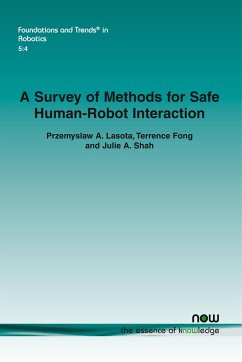Environmental monitoring is a crucial field encompassing diverse applications, including marine exploration, wildlife conservation, ecosystem assessment, and air quality monitoring. Collecting accurate and timely data from inaccessible locations and challenging environments is essential for understanding and addressing environmental issues. Robots offer a promising solution by enabling data collection at unprecedented spatio-temporal scales. However, relying solely on teleoperation is impractical and limits the efficiency and effectiveness of environmental monitoring efforts. Autonomy plays a pivotal role in unlocking the full potential of robots, allowing them to operate independently and intelligently in complex environments. This monograph focuses on high-level decision-making problems in autonomous environmental monitoring robots. Decision-making at the high level involves strategic planning and coordination to optimize data collection. Addressing these challenges allows robots to autonomously navigate, explore, and gather scientific data in a wide range of environmental monitoring applications. Included in the monograph are representations for different environments, as well as a discussion of using these presentations to solve tasks of interest, such as learning, localization, and monitoring. To efficiently implement the tasks, decision-theoretic optimization algorithms consider: (1) where to take measurements from, (2) which tasks to be assigned, (3) what samples to collect, (4) when to collect samples, (5) how to learn environment; and (6) who to communicate. Finally, this work concludes by presenting the challenges and opportunities in robotic environmental monitoring.
Hinweis: Dieser Artikel kann nur an eine deutsche Lieferadresse ausgeliefert werden.
Hinweis: Dieser Artikel kann nur an eine deutsche Lieferadresse ausgeliefert werden.

